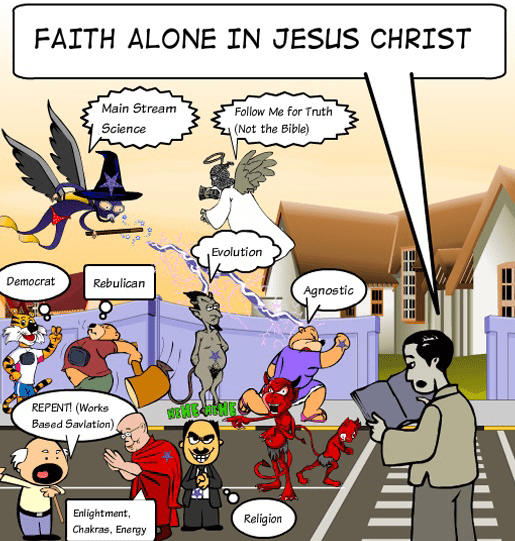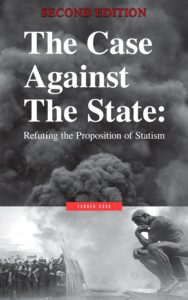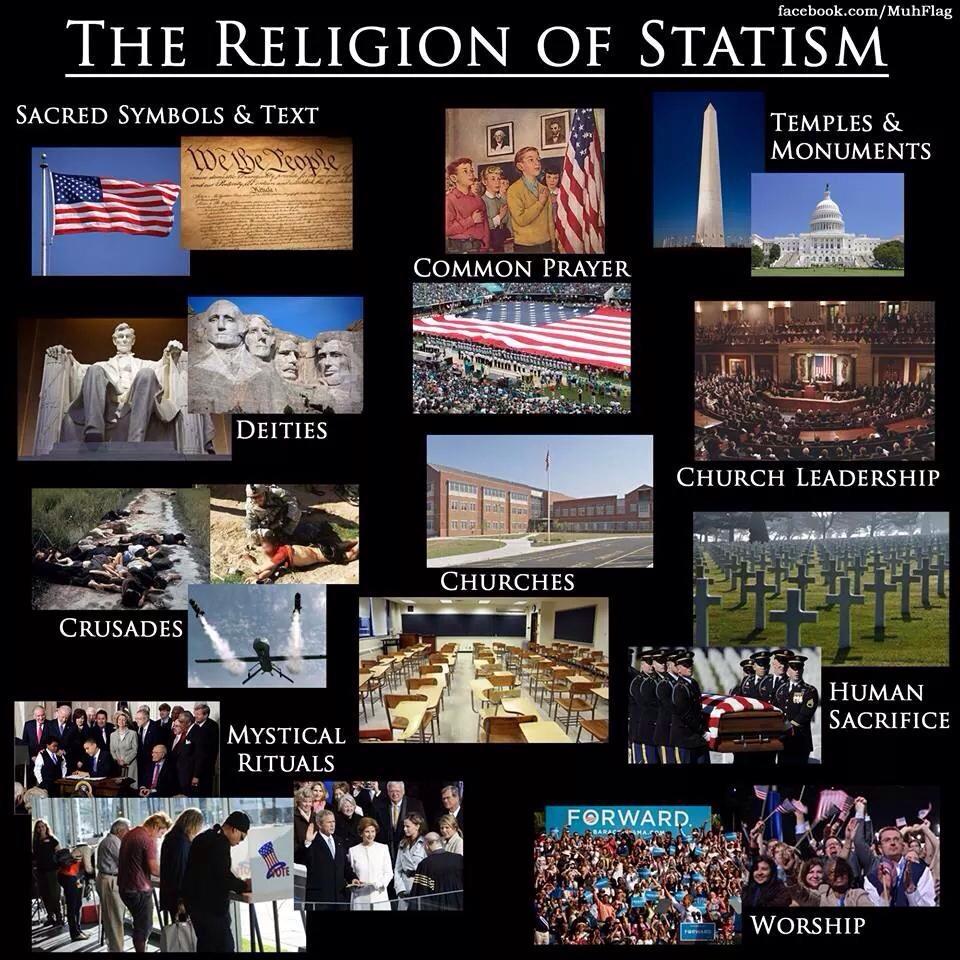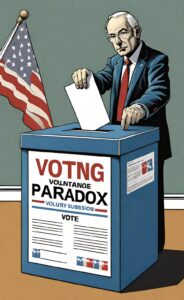Many times atheists and religious make the claim that you have to live up to the law from the Bible in order to be a believer. They make this claim of course out of thin air, based on no scripture or even a logical reason. The reality is the Bible teaches the exact opposite.
Many people make the mistake of thinking the law is a list of demands from God to people. Don’t steal, don’t rob, don’t fornicate, ect. If you don’t live up to this standard you are not a believer and you are headed to hell. This is what religion teaches, a works based salvation. Even buddhism and atheism are works based religions. The atheist believes if he goes to school, gets a degree, gets a good job, invests, he should get his salvation “retirement” when he’s 60+.
The problem is this is not what the Bible teaches. AT ALL. The entire reason God put the commandments and law in the old testament is to show us we can not live up to a basic human moral code. On top of that, God’s standards for perfection and holiness aren’t the same as ours. If we can’t meet basic human moral code requirements, how could we ever reach God’s standards?
This is why it’s in the old testament. To show you that you can’t do it. That if you are left up to your own decisions you make terrible ones. When you rely on your own understanding you do stupid things. If Tom Leykis would have waited for marriage maybe he wouldn’t have had to suffer 4-5 divorces and years of time wasted. It wasn’t a demand that Tom not fornicate. Rather a warning to what happens when you do. I find it awfully contradicting Tom warns men about marriage and women yet bashes the Bible for exactly the same thing. Tom is more condescending towards people that don’t follow his “rules” as well.
Another example is STD’s, or bad pregnancy, or abortion, ect. The list goes on and on. If you didn’t have sex before marriage with some random girl abortion wouldn’t even be a topic. You wouldn’t have that STD that required a prescription or cream to remove. You weren’t forced into a bad marriage by having a baby. God isn’t demanding you not fornicate, he is warning you as to what happens in most cases when you do.
If God knows our hearts and desires he knows we are quite evil. We live in a fallen world cloaked by our own sin. He knows we love to have sex with young women and will do many things to get it. He knows boobs turn us on. He knows women use these things to destroy men. He knows there are some good submissive women out there. He knows you like getting a blow job while drinking scotch with your ankles tied together and Ron watching with a video camera. He knows all of this. Why would he create a list of demands knowing you can’t meet them?
This becomes the obvious truth. That the law is in place not to live up to, rather to show us we can’t do it. Not only does He show us this in the Bible, but our own actions prove it time after time. I have believed in Jesus Christ for 5 years now. I still sin daily. Certain things I wish I could stop but lust and pride are far too powerful for me to control. Once I can admit this and self reflect upon it the truth really come out. That you can’t do it. That you do require help.

Leaning on other humans will put you in an even worse position. You will be used and abused for profit and societal gain. This is why God had a plan all along. He knew our hearts, he knows our intentions, he knows our thoughts. He created a plan of salvation for even the worst of the worst. Jesus Christ was God in the flesh. He proved it by the death burial and resurrection. His miracles. His blood being shed was literal payment for our debt. Our sin. It wasn’t the blood of a prophet or buddha, it was God in the flesh. This blood was a payment for your sin, past, present, and future.
This means all sin. Future sin. Past sin. And RIGHT NOW sin. When you believe in Jesus Christ you are saved by faith. You are born again. Your flesh is still just as sinful as it has always been, but now you are cloaked in the righteousness of Jesus Christ. Not your good deeds or actions. On judgement day you are saved by what Jesus Christ did, not what you did. Salvation is a free gift and no religion can offer anything similar. The reality is religious people killed Jesus Christ.
Many religious people like to take advantage of this too. They use these “demands” from the Bible to make demands upon people. Like the Pope and government. Like the Pope and taxes and tithes. Like the Pope and the crusades. Like the Pope and the inquisition. Like the Pope and the Bible burnings. All through history the Vatican aka Pagan priest class, has been using the ruse of Christianity to destroy faith in Jesus Christ and truth. They have invented fairy tales like evolution, pushed corporations off as governments, murdered millions by financing both sides of every war for hundreds of years.
In retrospect this is one of the biggest lies in history. That the Bible is making demands upon anyone. The truth of salvation and Jesus Christ sets you free from this. It doesn’t make demands. The truth is though I’d rather follow his demands than my own commands. The decisions in my life have lead me down so many dark paths of self destruction and sabotage. The small decisions have lead to larger ones that continued to leave me in a state of self delusion or reflection.
These phrases and quips are all part of the bigger lie to destroy you as a human being. To turn you into a working zombie debt slave progressing the Vatican’s agenda of a one world government, religion, and world view. These silly world views are literally created for you.
Individualism is the greatest weapon against control and distinguishing yourself from the pack is the starting point for your own adventure and growth. Individualism is not taught in schools, it’s not taught in colleges, and you certainly won’t learn it at a corporation. Individualism is something only you can teach yourself by standing up in the face of a society that shuns truth. The reality is, you only have two real choices in life: whether or not to get off your knees and whether or not to believe in Jesus Christ.

> Check Current Book Prices <




